Vishnu Shaligram
Vishnu Salagram
Big opening having 2 big clear chakras on the left side , smooth body , depression at the centre , mark of vanamala , shankha , mace , padma , sword signs
₹ 9,000.00
Out of stock
CompareDescription
Product Name : Vishnu Shaligram
Dimension: 2.5 inches * 2.25 inches
Weight: 169 gm
Origin: Gandaki River Nepal
Lakshan Shaloka :
vAmacakro bruhadvAra unnato madhyanimnaga:| sa kapila: snigdha: varNe viShNurviShayabhedata:|| viShNukrAntanibhAkAro vanamAlAdilakShyavAn| pancAyudhadhara: shrImAn viShNurityucyate budhai:|| sthUlacakro bhaveddevo mokShaikaphalado acyuta:| kShatriyai: pUjyate nityam dhanadhAnyam bhavetsudhI:||
Meaning :
Shaligram having large opening; left side big chakras; depression at the center; smooth; vanamala; chakra, shanka, mace, padma, sword signs;1 opening – 2 chakras , is known as Vishnu shaligram .
Description :
Vishnu is the Supreme God of Vaishnavism, one of the three main sects of Hinduism. Vishnu is also known as Narayana and Hari. Lakshmi is the wife of Vishnu. The Vishnu Sahasranama declares Vishnu as Paramatman (supreme soul) and Parameshwara (supreme God). It describes Vishnu as the all-pervading essence of all beings, the master of and beyond the past, present and future, the creator and destroyer of all existences, one who supports, preserves, sustains and governs the universe and originates and develops all elements within. Though he is usually depicted as light blue, as are his incarnations some other depictions of Vishnu exist as green-bodied, and in the Kurma Purana he is described as colorless and with red eyes.
In Hindu sacred texts, Vishnu is usually described as having the divine pale blue color of water-filled clouds and as having four arms. He is depicted as holding a padma (lotus flower) in the lower left hand, a unique type of mace used in warfare known as a Kaumodaki gada in the lower right hand, a Panchajanya shankha (conch) in the upper left hand and a discus weapon Sudarshana Chakra in the upper right hand. Vishnu is also described in the Bhagavad Gita as having a ‘Universal Form’ (Vishvaroopa or Viraata Purusha) Vishvarupa which is beyond the ordinary limits of human perception or imagination. It is said that he owns five weapons (pancha ayudham): Sudarshanam, Panchajanyam, Komodaki, Nandakam, and Sharangam.
Adherents of Hinduism believe Vishnu’s eternal and supreme abode beyond the material universe is called Vaikuntha, which is also known as Paramdhama, the realm of eternal bliss and happiness and the final or highest place for liberated souls who have attained Moksha. Vaikuntha is situated beyond the material universe and hence, cannot be perceived or measured by material science or logic.Vishnu’s other abode within the material universe is Ksheera Sagara (the ocean of milk), where he reclines and rests on Ananta Shesha, (the king of the serpent deities, commonly shown with a thousand heads). In almost all Hindu denominations, Vishnu is either worshipped directly or in the form of his ten avatars, the most famous of whom are Rama and Krishna. The Puranabharati, an ancient text, describes these as the dashavatara, or the ten avatars of Vishnu. Among the ten described, nine have occurred in the past and one will take place in the future as Lord Kalki, at the end of Kali Yuga, (the fourth and final stage in the cycle of yugas that the world goes through). These incarnations take place in all Yugas in cosmic scales; the avatars and their stories show that gods are indeed unimaginable, unthinkable and inconceivable. The Bhagavad Gita mentions their purpose as being to rejuvenate Dharma,to vanquish those negative forces of evil that threaten dharma, and also to display His divine nature in front of all souls.
Vishnu is also venerated as Mukunda, which means God who is the giver of mukti or moksha (liberation from the cycle of rebirths) to his devotees or the worthy ones who deserve salvation from the material world.

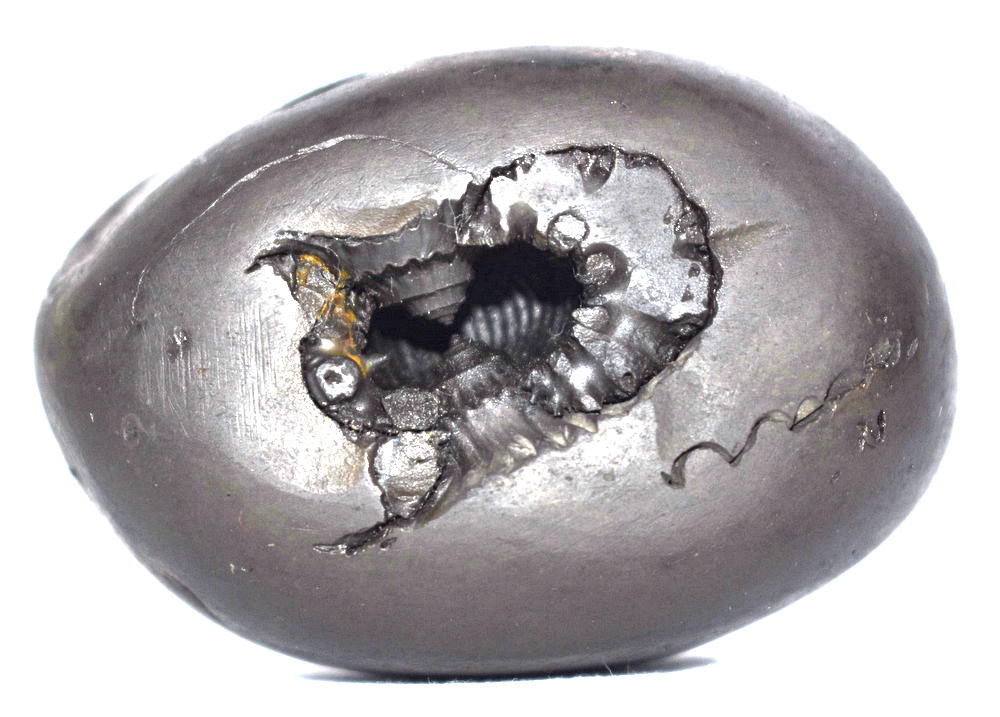
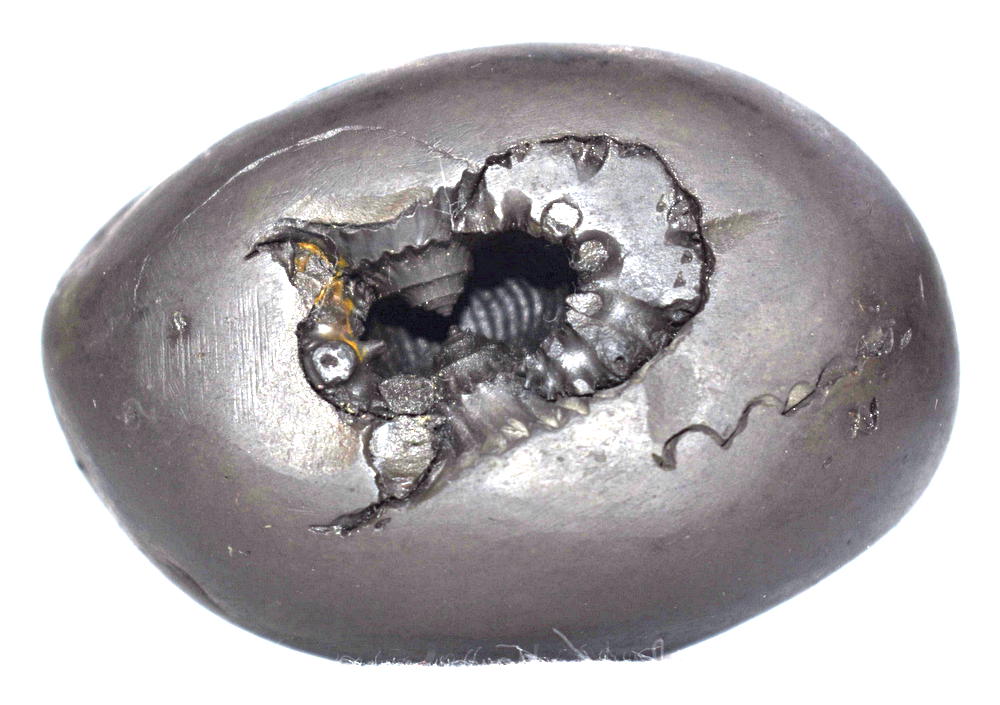
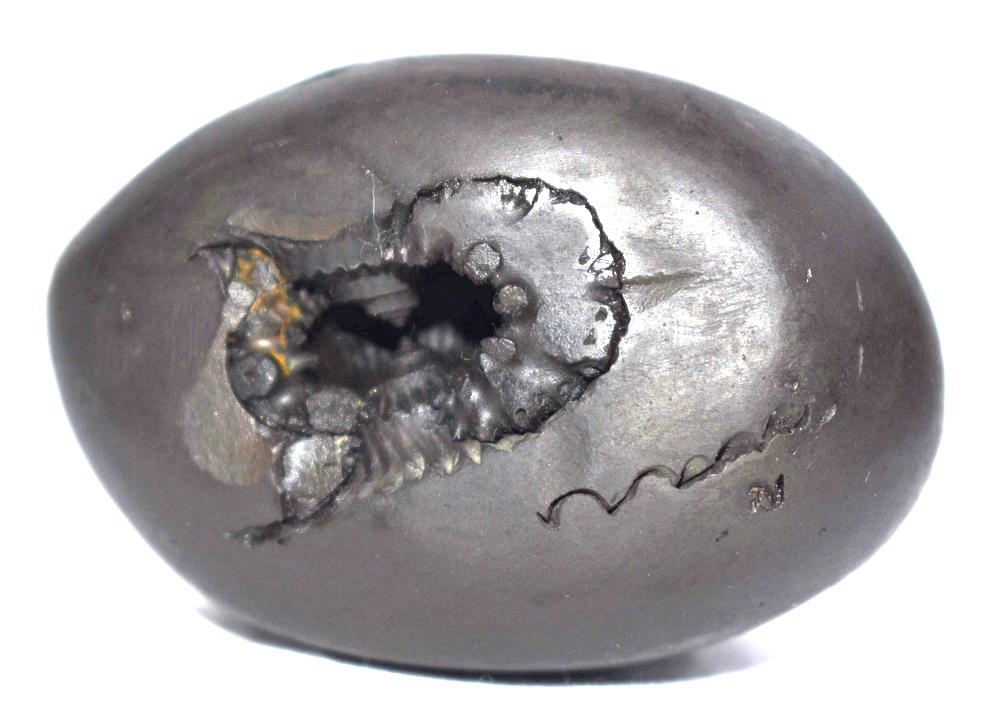
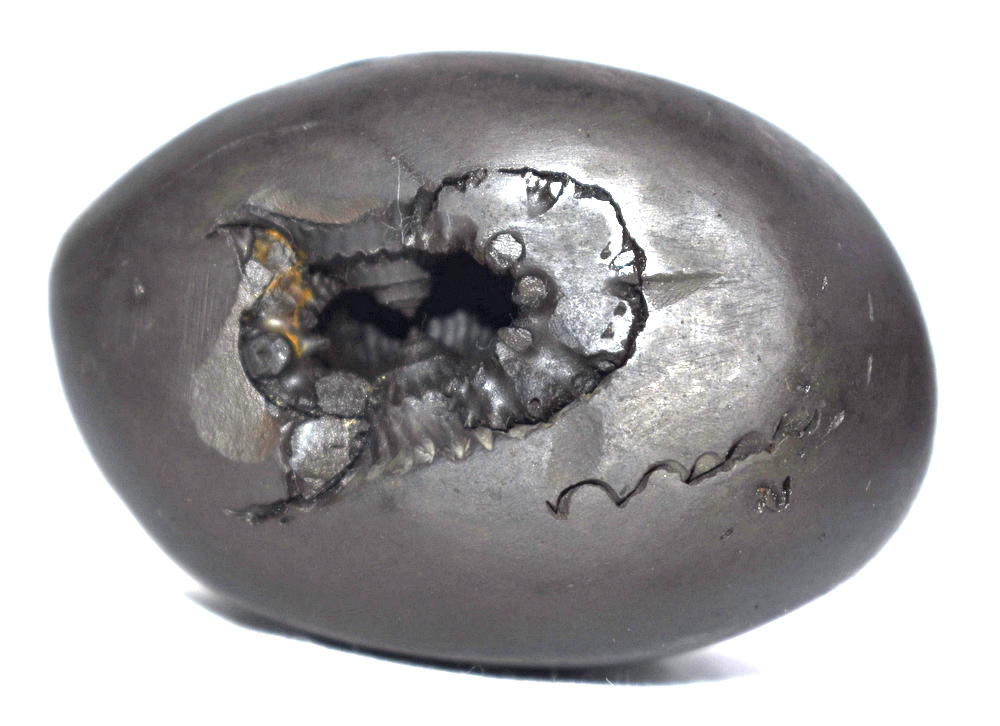
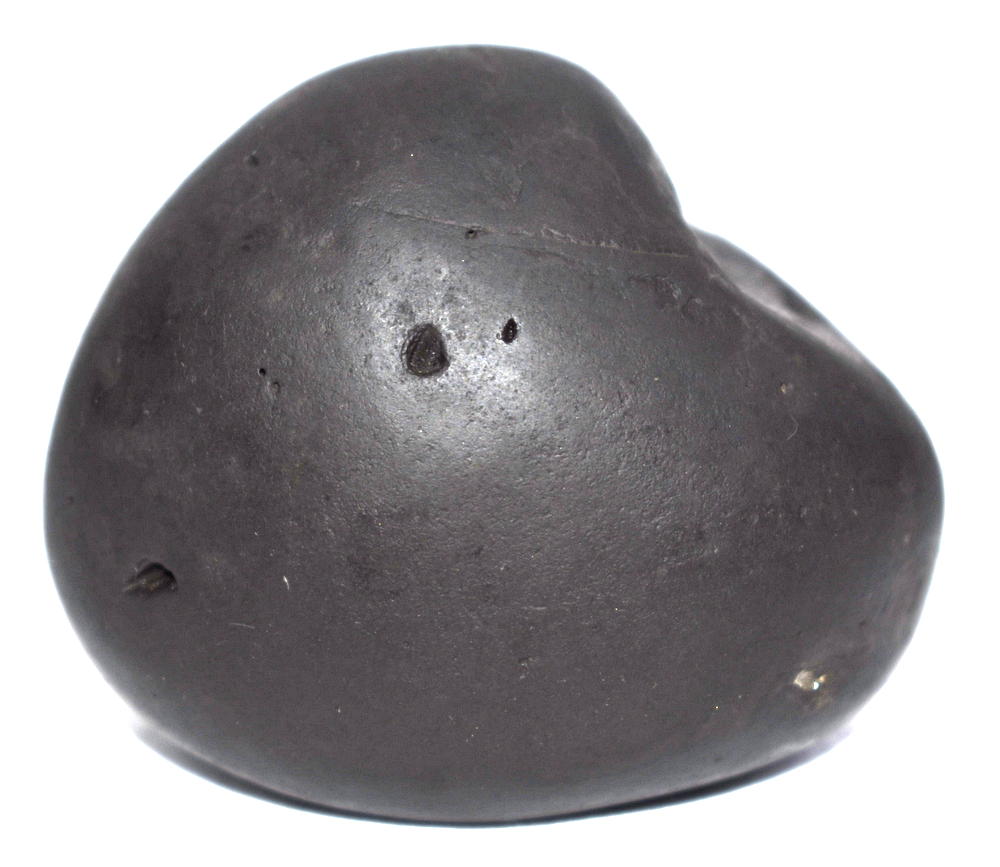
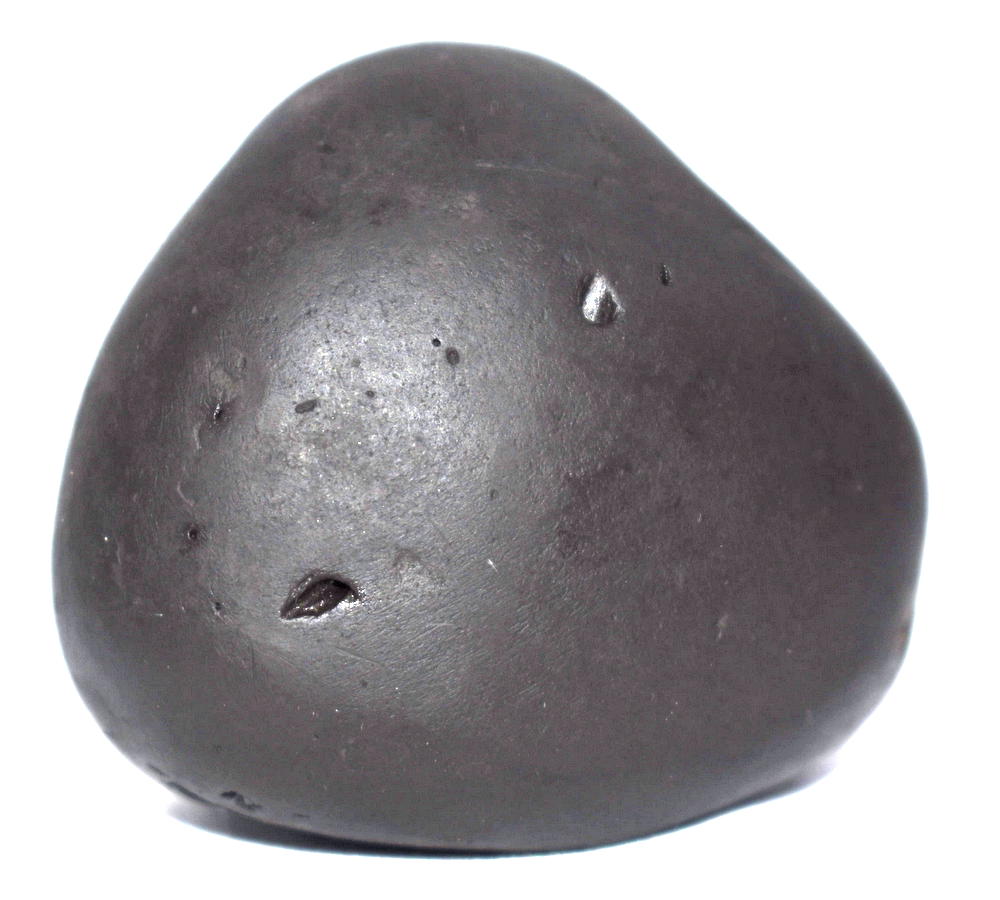
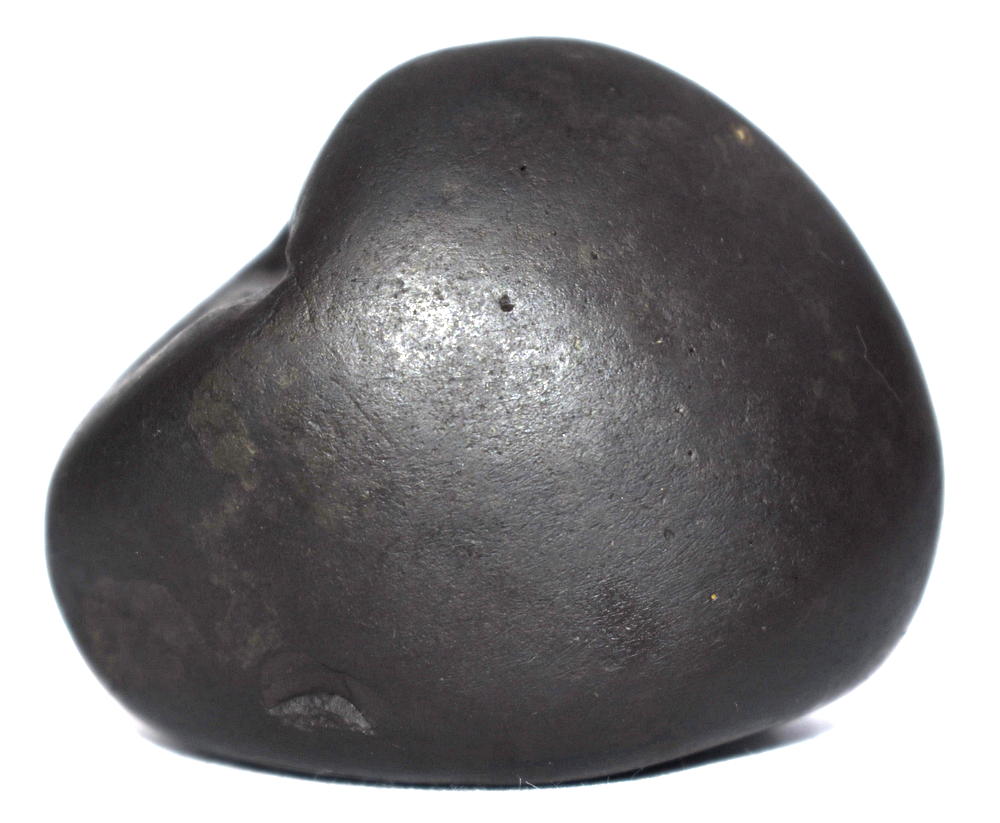
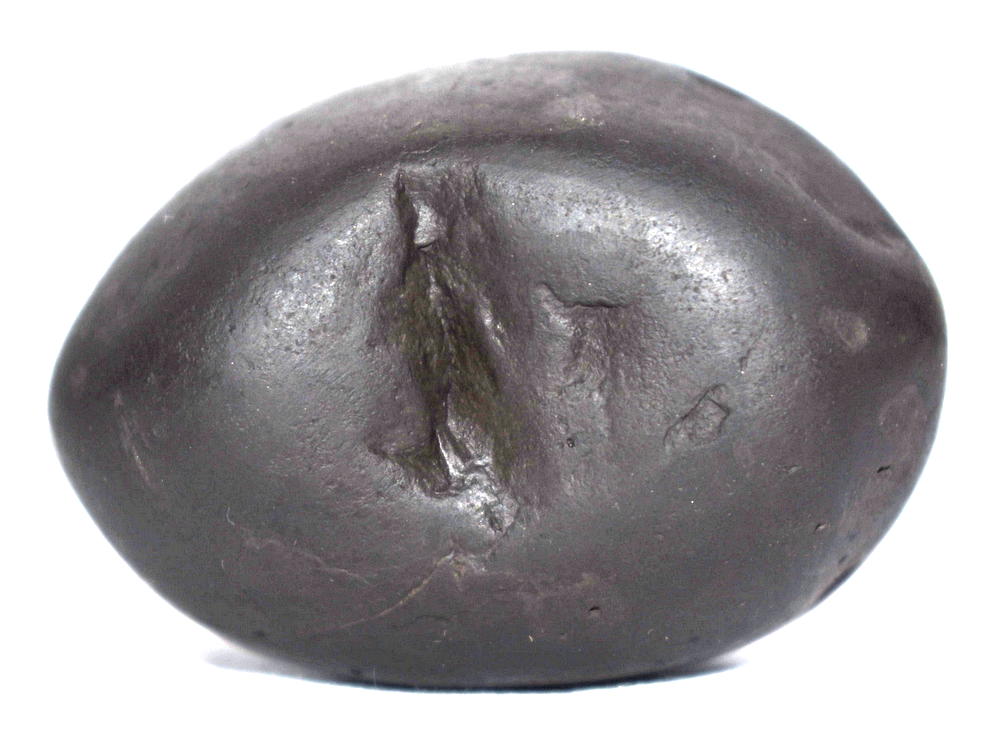
Reviews
There are no reviews yet.